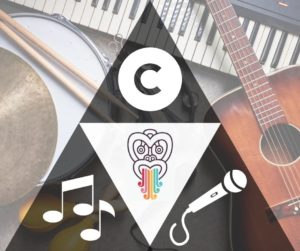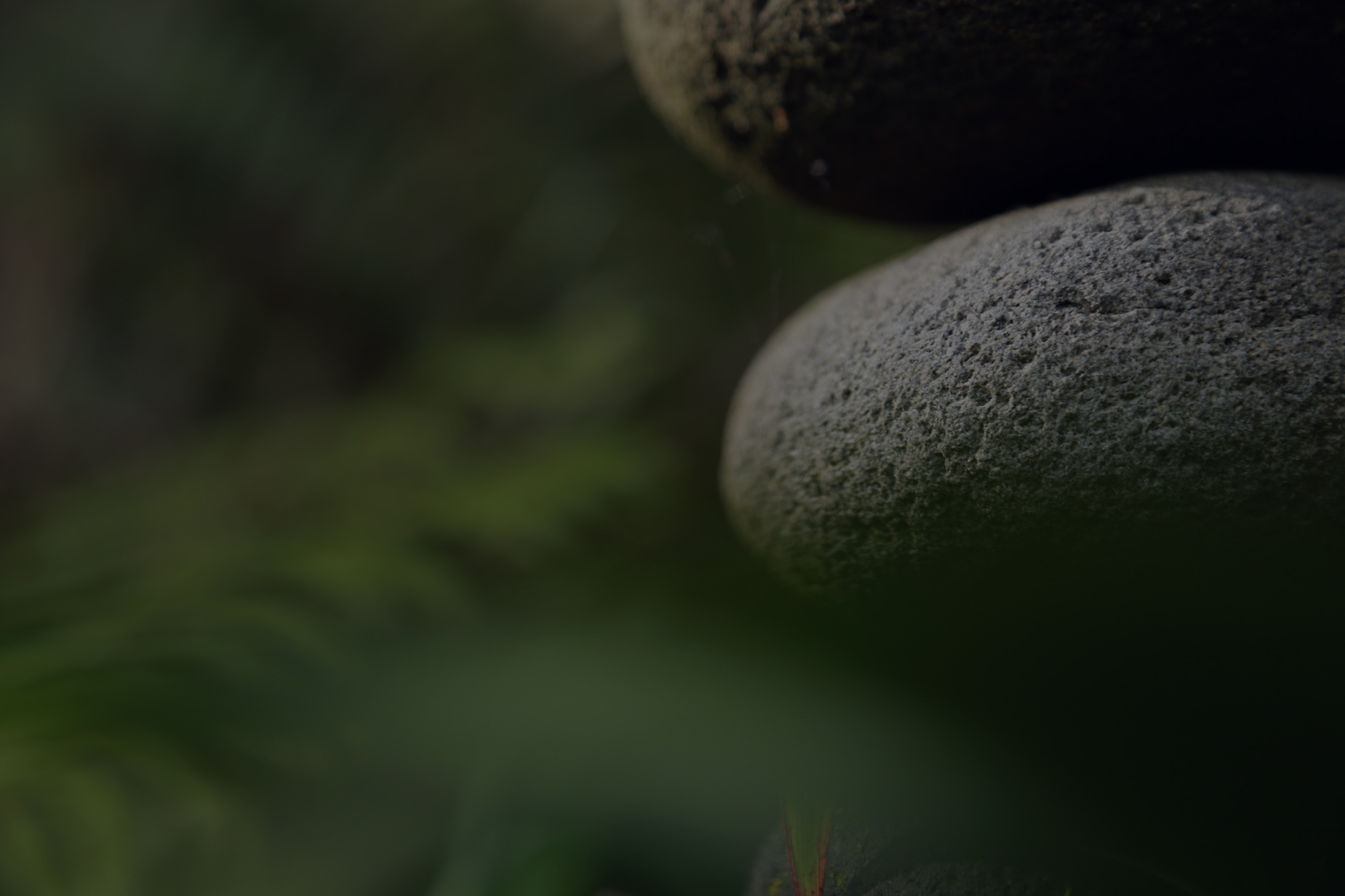
Lorde’s EP Te Ao Marama attracted a lot of comments, some positive and some negative. Whatever your opinion is on Lorde’s new EP, what does our Copyright Act say about translations into Te Reo Māori? Is this consistent with Te Ture mō Te Reo Māori 2016/The Māori Language Act 2016 and recognising Te Reo Māori as a taonga? If not, will the Copyright Act be updated or will Te Pae Tawhiti [1] address this issue?
Te Reo Māori in 2021
During this year’s Te Wiki o Te Reo Māori and Mahuru Māori, a record number of new songs were released in Te Reo Māori, including Alien Weaponry (Tangaroa), Six 60 (Pepeha), Ka Hao and Rob Ruha (35) and the associated Tik Tok challenges, Stan Walker, Moana Maniapoto, and Anna Coddington.
Waiata Anthems also released the second edition of originals songs translated into Te Reo Māori.
There is no doubt we are blessed with Te Reo Māori songs spanning the full spectrum of musical genres.
The reality is our radio stations, our television shows, and our national airline all play Te Reo Māori songs. The aspiration of many to have Te Reo Māori heard across mainstream is here.
What does our Copyright Act say?
Our Copyright Act is silent on its interaction with Te Reo Māori. Given the origins of our Copyright Act (Statue of Anne[2] and the Berne Convention[3]), this is not surprising.
Original songs are protected as copyright works under our Copyright Act 1994. In fact, in an original song, there are several copyright works, and each copyright work can be owned by different people/organisations. The lyrics constitute a literary work, and the composer of the lyrics is the author/owner of this copyright work. The musical score constitutes a musical work, and the composer of the musical score will be the author/owner of the musical work. The sound recording constitutes a copyright work as a sound recording, and the recording studio will be the author/owner of the sound recording. Performers will also have performers rights that enable them to prevent recording and showing of their performances without their permission.
Under Section 3 of the Copyright Act, a translation of a copyright work is defined as an adaptation of the original copyright work. An adaptation is a restricted act and can only be carried out under licence from the owner of the original copyright work. The licence will identify who owns any copyright in the translation of an original song, and in most cases, the owner of the original copyright work will seek to own any authorised translation of their work. If the licence is silent on this point, then the translation could be considered its own literary work, but our legislation is not clear.
Is this consistent with Te Ture mō Te Reo Māori?
The short answer is no. The lack of any recognition or protection for Te Reo Māori in the Copyright Act is not consistent with our obligations under Te Ture mō Te Reo Māori, and this also applies to copyright of translated works into Te Reo Māori.
Translations from English to Te Reo Māori are not easy. In fact, the nature of Te Reo Māori means only our skilled linguists can effectively translate English songs into waiata Māori. The current provisions of the Copyright Act fail to recognise this skill and effort, and the lack of recognition is clearly inconsistent with Te Ture mō Te Reo Māori.
Given the level of skill needed, these waiata Māori are original works, and specific provisions are needed to support the work of our language experts and the language revitalisation activities going on right now.
We encourage anyone working in the language revitalisation space to take care when working with Te Reo Māori and consider how you can incorporate suitable provisions into any licence or agreement to recognise the skill and effort in these revitalisation activities and ensure authorship and ownership of Te Reo Māori translations are owned by our translators, to recognise Te Reo Māori as a taonga, and to act in a manner consistent with our obligations under Te Ture mō Te Reo Māori.
Will the Copyright Act review address this issue?
Our Copyright Act is out-of-date and needs urgent attention to address the significant technological advances that have taken place since the Act was passed in 1994. In addition, our Act needs to incorporate the recommendations in Ko Aotearoa Tēnei – Report on the Wai 262 claim[4].
While the review has not specifically raised the issue of translations, the review did ask for comments on a taonga works framework consistent with the Wai 262 recommendations. This framework did not envisage additional protections for works translated into Te Reo Māori, but with the revitalisation efforts underway, this is now urgent, and the review must ensure its provisions are consistent with Te Ture mō Te Reo Māori.
The Copyright Act review[5] started in 2018 with an Issues Paper and submissions on that paper closed in 2019. Since then, the government’s reform in this space has stalled.
Where to now?
Whatever side of the fence you sit on, and wherever you stand in your own Te Reo Māori journey, translations of our most popular songs are here to stay. We can expect to hear more Te Reo Māori songs on our airwaves and playlists, and therefore, we urgently need our Copyright Act to address and incorporate provisions that recognise Te Reo Māori as a taonga. Let’s hope that when Te Pae Tawhiti gets underway, the government agrees.
Ko te reo te mauri o te mana Māori – The language is the lifeforce of mana Māori
If you need any help with reviewing your intellectual property and copyright agreements, please get in touch with our experts.
[1] https://www.tpk.govt.nz/en/a-matou-kaupapa/te-ao-maori/wai-262-te-pae-tawhiti
[2] Modern copyright law originated in England in 1709 in the Statute of Anne, which granted authors the exclusive right to print books for a limited period.
[3] The Berne Convention for the Protection of Literary and Artistic Works, adopted in 1886 in Switzerland.
[4] https://waitangitribunal.govt.nz/news/ko-aotearoa-tenei-report-on-the-wai-262-claim-released/
[5] https://www.mbie.govt.nz/business-and-employment/business/intellectual-property/copyright/review-of-the-copyright-act-1994/




